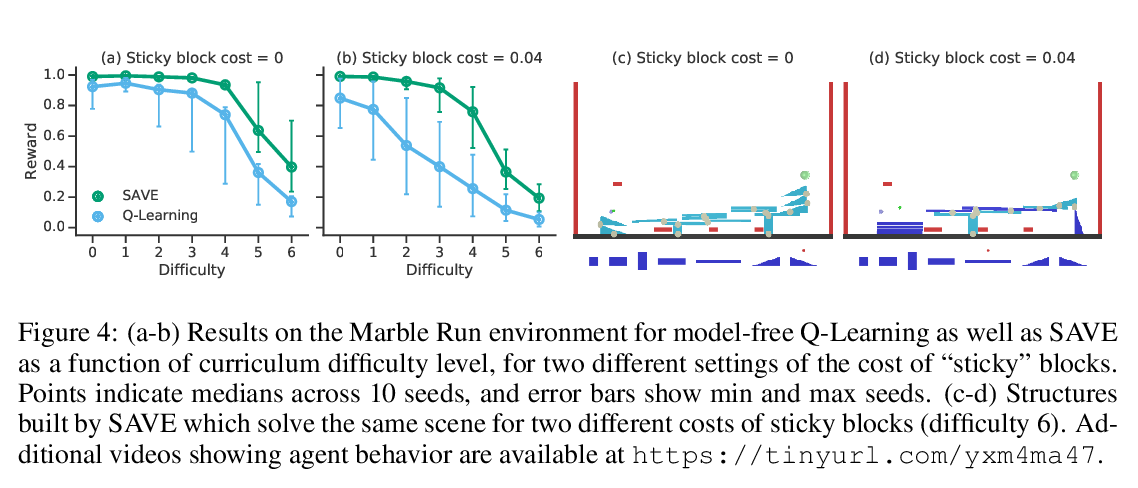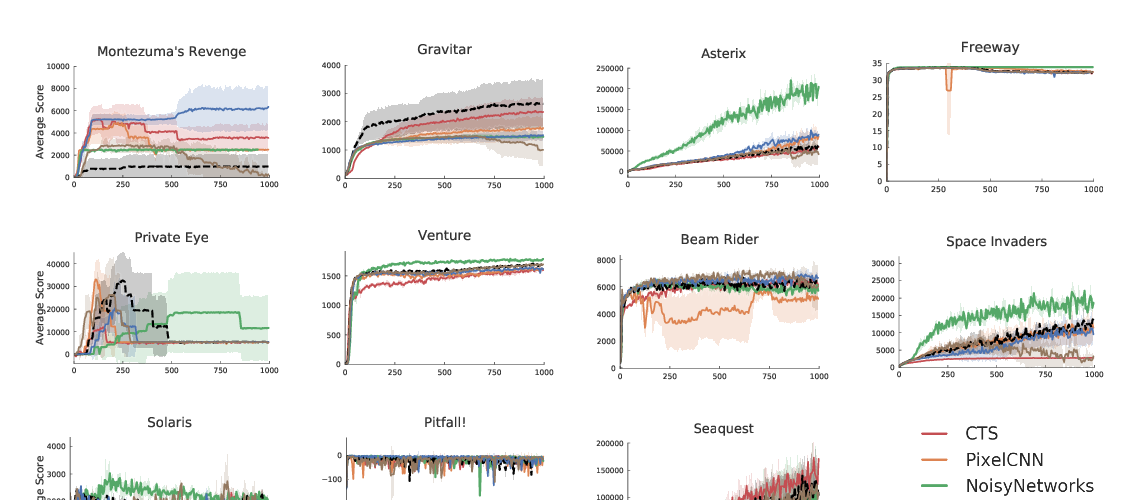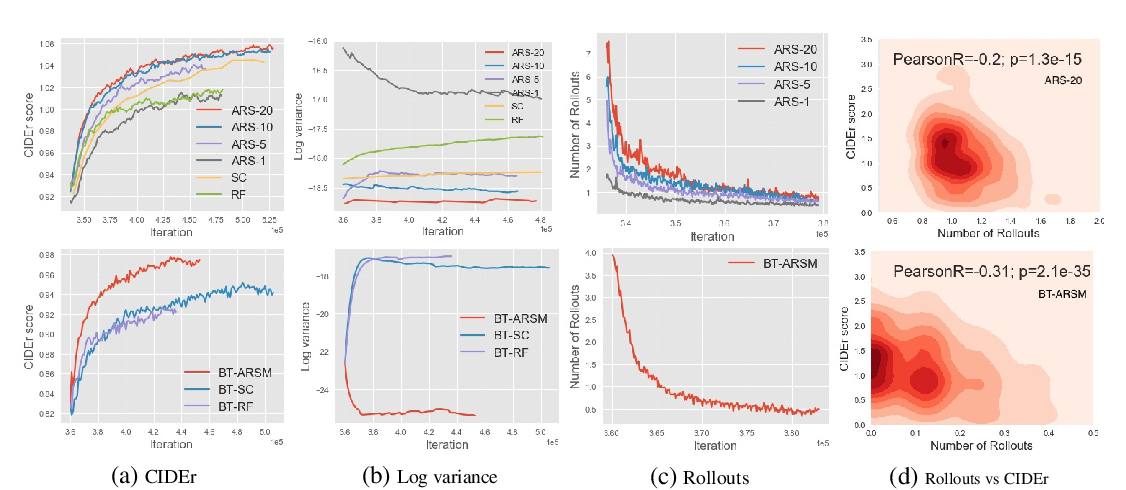Abstract:
Monte Carlo Tree Search (MCTS) algorithms have achieved great success on many challenging benchmarks (e.g., Computer Go). However, they generally require a large number of rollouts, making their applications costly. Furthermore, it is also extremely challenging to parallelize MCTS due to its inherent sequential nature: each rollout heavily relies on the statistics (e.g., node visitation counts) estimated from previous simulations to achieve an effective exploration-exploitation tradeoff. In spite of these difficulties, we develop an algorithm, WU-UCT, to effectively parallelize MCTS, which achieves linear speedup and exhibits only limited performance loss with an increasing number of workers. The key idea in WU-UCT is a set of statistics that we introduce to track the number of on-going yet incomplete simulation queries (named as unobserved samples). These statistics are used to modify the UCT tree policy in the selection steps in a principled manner to retain effective exploration-exploitation tradeoff when we parallelize the most time-consuming expansion and simulation steps. Experiments on a proprietary benchmark and the Atari Game benchmark demonstrate the linear speedup and the superior performance of WU-UCT comparing to existing techniques.


